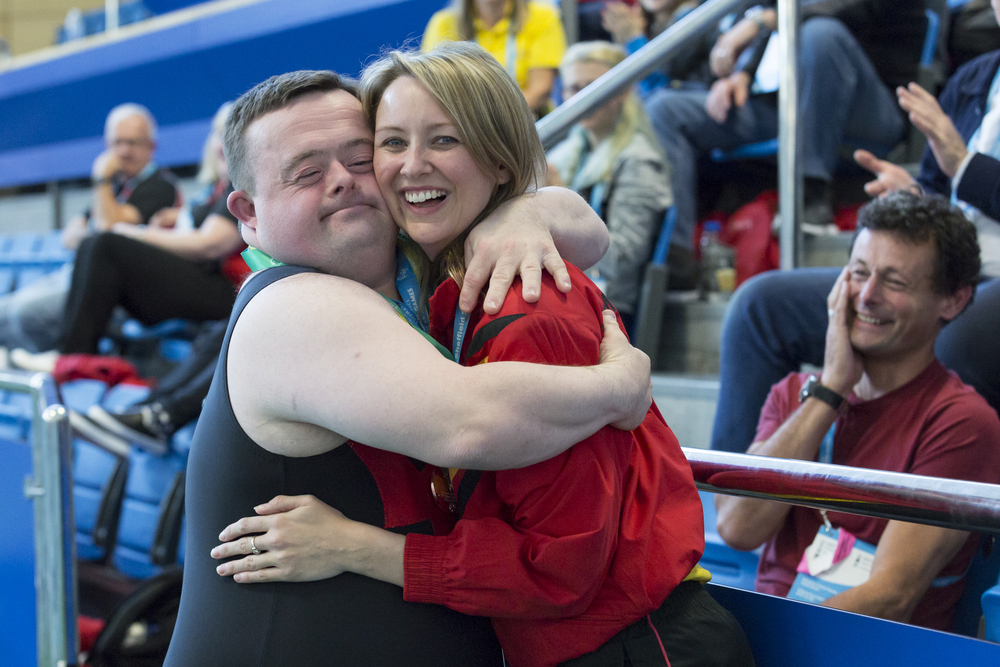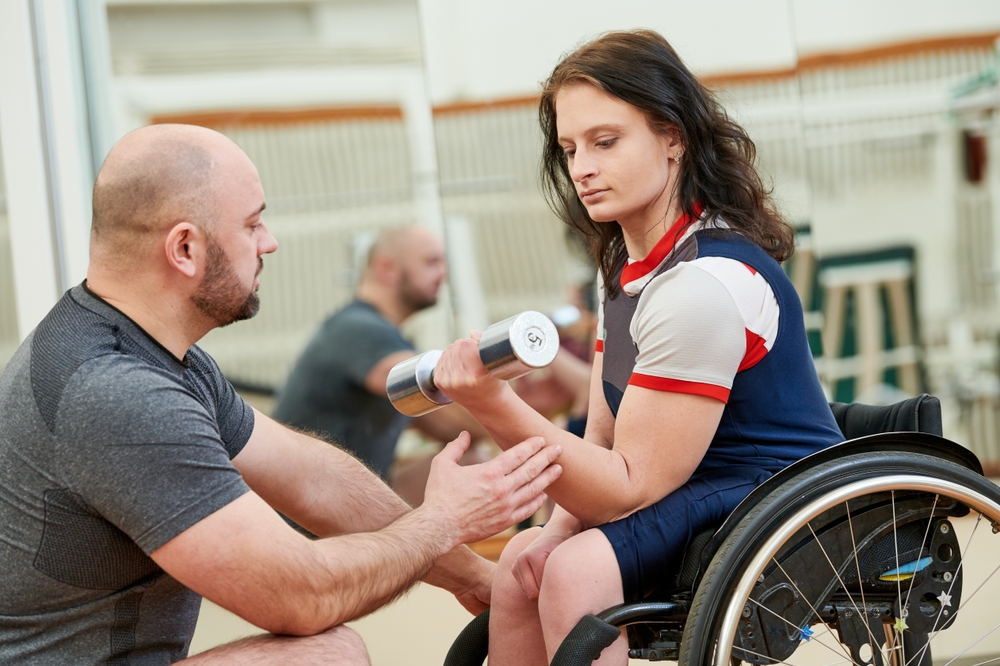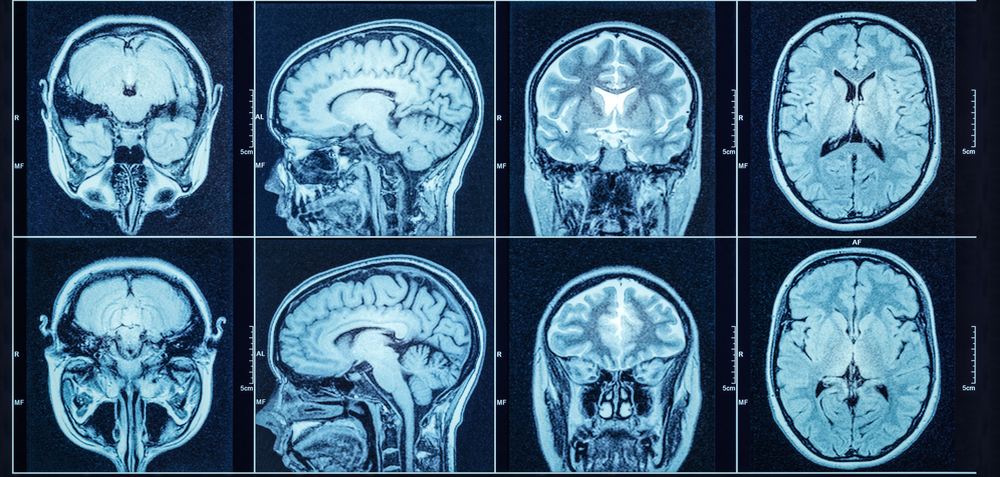Make an Appointment
Introduction
The National Disability Insurance Scheme (NDIS) is an Australian government initiative that provides funding and support to people with disabilities. The scheme's primary objective is to provide individuals with the necessary resources to improve their quality of life and achieve their goals. One of the critical components of the NDIS is its therapeutic supports, which play a vital role in helping individuals with disabilities manage their symptoms, improve their overall wellbeing, and work towards achieving their NDIS goals.
Therapeutic supports are services designed to improve a person's functional capacity, independence, and overall wellbeing. These supports can include a range of therapies and interventions, such as physiotherapy Inq services, occupational therapy, speech therapy, psychology, behaviour support, and exercise physiology. In this article, we'll explore the different types of NDIS therapeutic supports available, the qualifications and requirements for NDIS therapeutic support providers, NDIS core funding for therapeutic supports, examples of therapeutic services and interventions, and the benefits of accessing NDIS therapeutic supports.Table of Contents:
I. Introduction
II. Types of NDIS Therapeutic Supports
A. Physiotherapy Inq services
B. Occupational therapy
C. Speech therapy
D. Psychology
E. Behaviour support
F. Exercise physiology
III. Qualifications and Requirements for NDIS Therapeutic Support Providers
A. Allied health professionals
B. Meeting the NDIS Practice Standards
C. Experience and expertise in providing therapeutic supports
D. Continuous professional development
IV. NDIS Core Funding for Therapeutic Supports
A. Pricing for NDIS core supports
B. Service provider options
C. Examples of NDIS-funded therapeutic supports
V. Examples of Therapeutic Services and Interventions
A. Cognitive behavioural therapy
B. Positive behaviour support
C. Social skills training
D. Assistive technology
VI. Benefits of NDIS Therapeutic Supports
A. Improved health and wellbeing
B. Improved daily living and independence
C. Improved relationships and social participation
D. Achieving NDIS goals
VII. Conclusion

Types of NDIS Therapeutic Supports
There are six main types of NDIS therapeutic supports available to individuals with disabilities. These supports include:
A. Physiotherapy services
Physiotherapy services are designed to help people with disabilities manage their physical symptoms and improve their functional capacity. Physiotherapists can work with individuals to develop exercise programs that target specific areas of the body, improve mobility, and reduce pain. They can also provide advice on assistive technology and equipment to improve a person's independence and daily living.
B. Occupational therapy
Occupational therapy is a type of therapeutic support that focuses on improving a person's ability to perform everyday activities. Occupational therapists can work with individuals to develop strategies and techniques that enable them to perform activities independently, such as self-care, cooking, and cleaning. They can also provide recommendations for assistive technology and home modifications that can improve a person's independence and quality of life.
C. Speech therapy
Speech therapy is a type of therapeutic support that focuses on improving a person's communication skills. Speech therapists can work with individuals to develop strategies that improve their ability to speak, understand, and use language. They can also provide recommendations for assistive technology and communication aids to improve a person's communication skills.
D. Psychology
Psychology is a type of therapeutic support that focuses on improving a person's mental health and wellbeing. Psychologists can work with individuals to identify negative thought patterns and behaviours that contribute to their symptoms. The therapist works collaboratively with the person to develop coping strategies and
E. Behaviour support
Behaviour support is a type of therapeutic support that focuses on improving a person's behaviour and reducing challenging behaviours. Behaviour support practitioners can work with individuals to develop positive behaviour support plans that address the underlying causes of challenging behaviours. These plans may include strategies to reduce anxiety, improve communication, and build social skills.
F. Exercise physiology
Exercise physiology is a type of therapeutic support that focuses on improving a person's physical health and wellbeing through exercise. Exercise physiologists can work with individuals to develop exercise programs that are tailored to their specific needs and goals. These programs may focus on improving mobility, building strength, and reducing pain.
Qualifications and Requirements for NDIS Therapeutic Support Providers
To provide NDIS therapeutic supports, service providers must meet certain qualifications and requirements. These requirements include:
A. Allied health professionals
NDIS therapeutic supports must be provided by qualified allied health professionals. Allied health professionals include occupational therapists, physiotherapists, speech therapists, psychologists, and exercise physiologists. These professionals have the training and expertise necessary to provide high-quality therapeutic supports that meet the needs of individuals with disabilities.
B. Meeting the NDIS Practice Standards
Service providers must also meet the NDIS Practice Standards, which outline the requirements for providing high-quality, safe, and effective supports. The standards cover a range of areas, including governance and management, risk management, and service delivery.
C. Experience and expertise in providing therapeutic supports
Service providers must have experience and expertise in providing therapeutic supports to individuals with disabilities. This may include experience working with specific conditions, such as autism or cerebral palsy, or experience providing specific types of therapeutic supports, such as behaviour support or speech therapy.
D. Continuous professional development
Service providers must engage in continuous professional development to maintain their skills and knowledge. This may include attending workshops, conferences, or training programs to learn about new therapies, techniques, or equipment.

NDIS Core Funding for Therapeutic Supports
The NDIS provides funding for a range of supports, including therapeutic supports. NDIS core funding can be used to access therapeutic supports that help individuals with disabilities achieve their goals and improve their overall wellbeing. There are several key things to know about NDIS core funding for therapeutic supports, including:
A. Pricing for NDIS core supports
NDIS core supports are priced according to the NDIS Price Guide. The price guide outlines the maximum amount that can be charged for each type of support, and it is updated annually to reflect changes in costs and market rates.
B. Service provider options
Individuals with disabilities can choose to access NDIS-funded therapeutic supports from a range of service providers, including private practitioners, not-for-profit organisations, and government-funded services. It's essential to choose a service provider that meets your needs and has the necessary qualifications and experience to provide high-quality therapeutic supports.
C. Examples of NDIS-funded therapeutic supports
Some examples of NDIS-funded therapeutic supports include physiotherapy Inq services, occupational therapy, speech therapy, psychology, behaviour support, and exercise physiology. These supports can be tailored to meet the unique needs and goals of each individual with a disability.
Examples of Therapeutic Services and Interventions
There are many different types of therapeutic services and interventions that can be provided as part of NDIS therapeutic supports. Here are some examples:
A. Cognitive behavioural therapy
Cognitive behavioural therapy (CBT) is a type of therapy that focuses on identifying negative thought patterns and behaviours and replacing them with more positive and adaptive ones. CBT can be used to treat a range of mental health conditions, including depression, anxiety, and post-traumatic stress disorder
B. Positive behaviour support
Positive behaviour support (PBS) is a type of support that focuses on identifying the underlying causes of challenging behaviours and developing strategies to promote positive behaviour change. PBS can be used to support individuals with disabilities who exhibit challenging behaviours, such as aggression, self-injury, or property destruction.C. Social skills training
Social skills training is a type of therapy that helps individuals with disabilities develop the skills and confidence needed to navigate social situations. Social skills training can be particularly beneficial for individuals with autism spectrum disorder or social anxiety disorder.
D. Assistive technology
Assistive technology refers to devices or equipment that can help individuals with disabilities perform everyday tasks more easily and independently. Assistive technology can include things like mobility aids, communication devices, or specialised computer software.
E. Occupational therapy
Occupational therapy (OT) is a type of therapy that focuses on helping individuals with disabilities achieve their goals related to daily living, work, and leisure activities. OT can involve a range of strategies, such as developing adaptive techniques, modifying the environment, or prescribing assistive technology.
Conclusion
NDIS therapeutic supports are a vital component of the NDIS system, providing individuals with disabilities access to the services and interventions they need to achieve their goals and improve their overall wellbeing. With a range of therapeutic supports available, individuals can choose the services that best meet their needs and work with qualified service providers who have the skills and expertise to deliver high-quality, effective intervention.
If you or someone you know could benefit from NDIS therapeutic supports, consider connecting with Physio Inq therapeutic services. We offer mobile and in-home services across Australia, delivering high-quality, personalised care that is tailored to your needs. Physio Inq therapeutic services provide NDIS-funded services for physiotherapy, occupational therapy, speech pathology, and exercise physiology for all ages under the NDIS.
Our team of allied health professionals has extensive experience working with individuals with disabilities, and we understand the unique challenges and opportunities that come with NDIS funding. Whether you're looking for support to improve your mobility, communication, or daily living skills, our team is here to help. Contact us today to learn more about our NDIS services and how we can support you on your journey towards better health and wellbeing.
Make an appointment OR referral today
Useful Resources
NDIS Physiotherapy: A Guide to Accessing the Support You Need
What Support Does the NDIS Provide? Your Ultimate Guide
NDIS Transport Funding | Will NDIS Funds Cover My Childs Transport?
Occupational Therapy Role In Physical Disabilities & The NDIS
Inclusivity in the Work Place for NDIS Participants
NDIS service agreement | Balance & Common Sense
Date Published: Tuesday, January 9, 2024
Locate a Speech Pathology
Service Near me
Get the experience & convinence you deserve to support your or a loved one's allied health needs.
Our Speech Pathology team are currently serving & taking appointments in the following states and regions in Australia:
New South Wales
- Blacktown
- Blue Mountains
- Campbelltown And Macarthur
- Canterbury-Bankstown
- Central Coast
- Central West
- Eastern Suburbs Sydney
- Far West
- Georges River
- Hawkesbury
- Inner East Sydney
- Inner West Sydney
- Lower North Shore
- Murray
- Newcastle
- New England
- North Coast
- Northern Beaches
- North Sydney
- Orana
- Parramatta
- Penrith
- Riverina
- South Coast
- Southern Highlands
- South West Sydney
- Sutherland Shire
- Sydney CBD
- The Hills Shire
- The Hunter
- Upper North Shore
- Waverley
Australian Capital Territory
Northern Territory
Western Australia
Victoria
South Australia
Need to get into direct contact with ur Client Services team? We're all ears. Call our team directly on 1300 731 733
Explore Articles
By Popular Topics
Explore Articles
By Allied Health Services
Explore Articles
By Body Parts

Explore Articles by Allied Health Services





